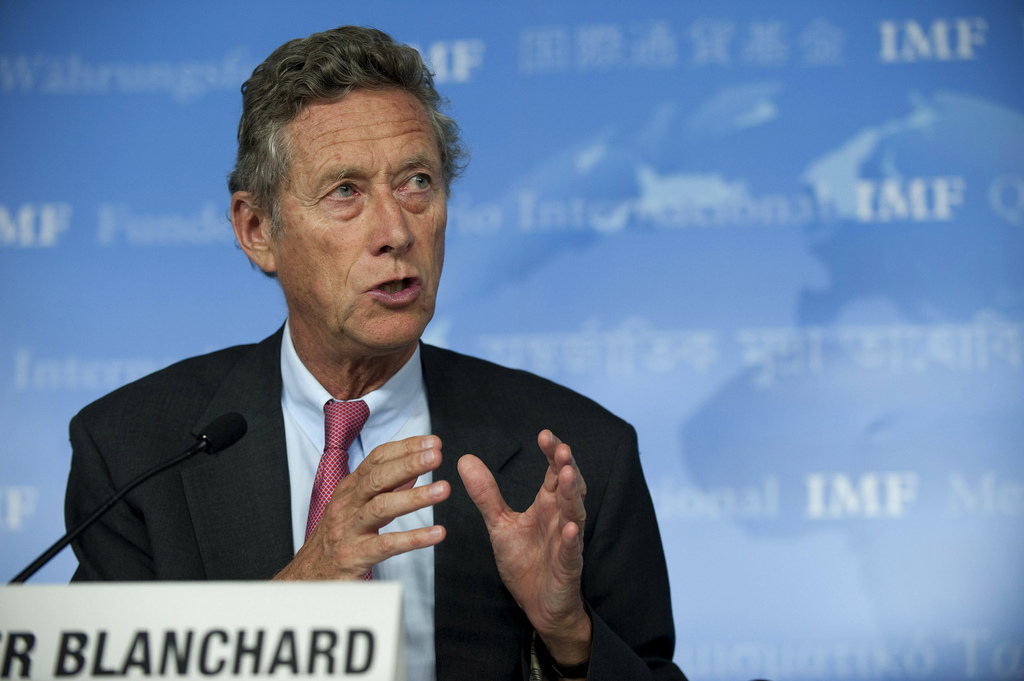In her book Economic Philosophy first published in 1962, eminent Cambridge economist Joan Robinson called economics “partly a vehicle for the dominant ideology of the period, and partly a method of scientific investigation.”
The neoliberal version of capitalism has been the dominant ideology for the last four decades. Governments, not markets, fail. Therefore, governments should be limited in their economic ambitions. Market prices, not elected representatives, should allocate resources.
Under neoliberalism, a government’s main role is to assist business investors to provide employment, incomes and prosperity.
Urged on by economists, governments have cut tax rates for wealthy individuals and businesses, and granted income from investment a more favourable treatment than salary and wage income.
A core belief of neoliberal capitalists is that government budgets must be balanced to prevent the accumulation of public debt. Government borrowing is discouraged because it “crowds out” private investment and drives up interest rates for corporations.
In his recent presidential address to the American Economics Association, Olivier Blanchard, a former chief economist of the International Monetary Fund (IMF), questioned the idea that public debt was necessarily bad.
Pointing to the low interest rates prevailing in the U.S., Blanchard argued that as long as the rate of economic growth is greater than the rate of interest on U.S. treasury bills, the capacity to grow the economy outstrips the growth of public debt.
Why think there is such a thing as the “burden of the debt” when, as Blanchard argues, economic growth allows debt to be paid down? Blanchard cites economists Brad DeLong and Lawrence Summers, whose research shows that increased government spending grew the economy faster, covering the cost of borrowing money to finance the spending.
Rather than thinking of debt as a charge on future generations, something to be paid forever, Blanchard points out that in a low-interest environment, governments “roll over” debt and are able to undertake new borrowing to replace the debt being retired, thanks to economic growth.
While economists have taught that government borrowing lowers overall welfare, Blanchard argues that welfare benefits outweigh costs.
The key, of course, is for governments to make wise investments with the borrowed money. In that respect, Blanchard could have pointed to the bloated U.S. “warfare” state and its huge cost in foregone social expenditures.
Under Blanchard’s direction, the IMF produced research that showed the failings of fiscal austerity programs — promoted by the IMF itself — in the wake of the great financial crisis of 2007-2008.
In an updated assessment, the IMF concluded that government spending had a far greater impact on employment creation than its economic model had projected.
Blanchard, a French citizen, suggested in an interview with La Croix that capitalist ideology itself must be questioned, notably the commitment to free circulation of capital worldwide and to free trade. While he supports increases in minimum wages, and inheritance taxes, Blanchard, no radical, also encourages subsidizing market wages and keeping taxes on wealth low.
In his presidential address, Blanchard, by using the scientific method of economics to question the current dominant ideology, has brought together the two parts of economics identified by Joan Robinson. His research won’t be enough to convince American Republicans or Canadian Conservative Party leader Andrew Scheer, who rant about too much government spending to change their minds, but Blanchard has another objective: to make the American Economics Association membership rethink its support for neoliberal thinking about public debt.
Duncan Cameron is president emeritus of rabble.ca and writes a weekly column on politics and current affairs.
Photo: International Monetary Fund/Flickr
Help make rabble sustainable. Please consider supporting our work with a monthly donation. Support rabble.ca today for as little as $1 per month!




